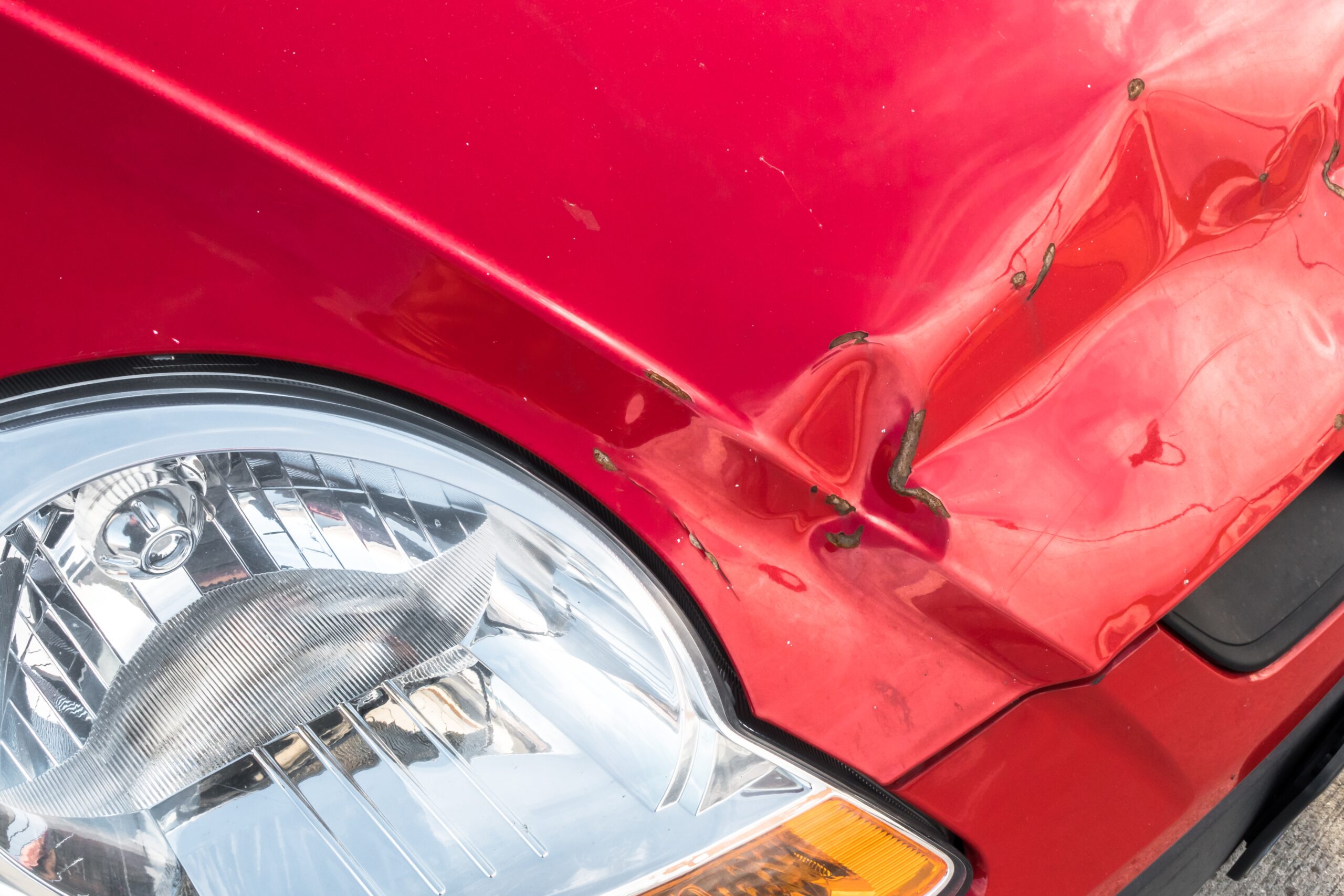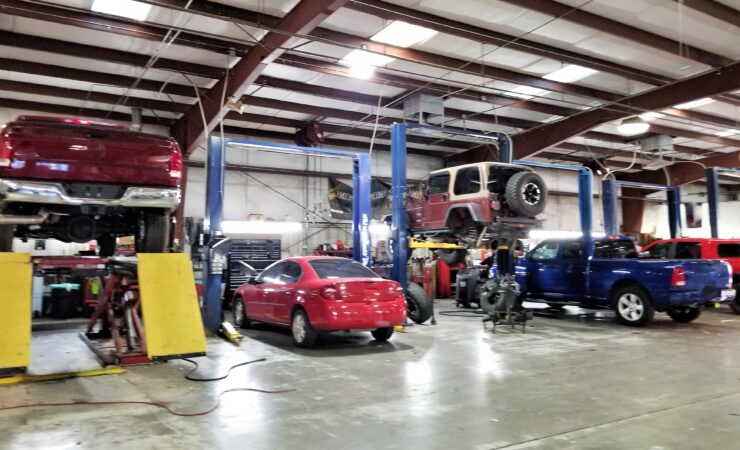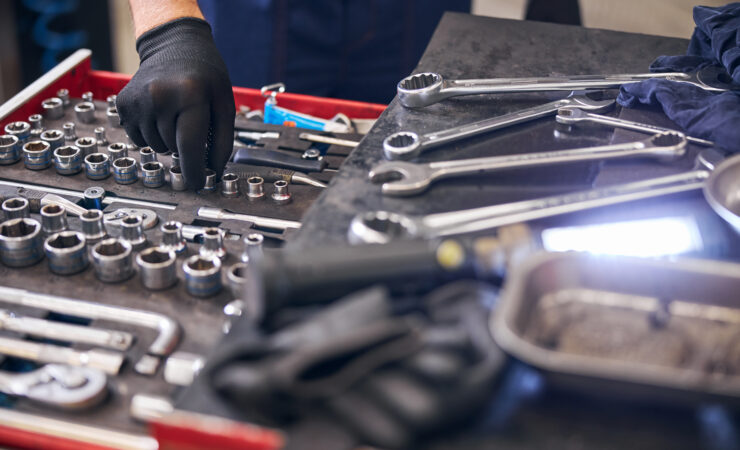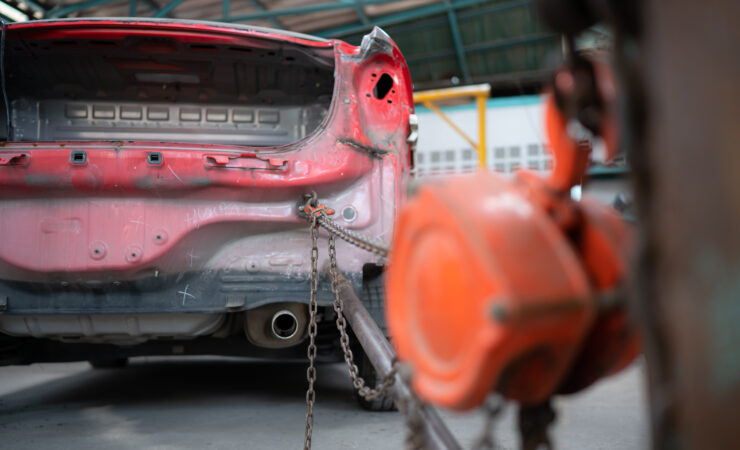Your car’s brakes are arguably its most important safety feature. They’re what allow you to stop quickly and safely, avoiding accidents and keeping you and your loved ones protected. But did you know that the unsung heroes of your braking system are the brake pads? These small but mighty components wear down over time, and knowing when to replace them is crucial for your safety and the longevity of your vehicle. In this blog post, Cooper’s Automotive Service sheds light on the importance of brake pads and how to recognize the signs that it’s time for a replacement.
Content:
The Role of Brake Pads:
- Explain how brake pads work: Describe how brake pads clamp onto the rotors to create friction, slowing down and stopping your vehicle.
- Discuss the different types of brake pads: Mention the pros and cons of organic, semi-metallic, and ceramic brake pads.
- Emphasize the importance of quality brake pads: Explain how high-quality brake pads provide better stopping power, last longer, and generate less dust.
Signs Your Brake Pads Need Replacing:
- Squealing or Grinding Noises: One of the most common signs of worn brake pads is a high-pitched squealing or grinding noise when you apply the brakes. This noise is caused by a wear indicator embedded in the brake pad, alerting you that it’s time for a replacement.
- Vibration or Pulsation in the Brake Pedal: If you feel a pulsing or vibration in the brake pedal when you brake, it could be a sign of warped rotors. Warped rotors can be caused by excessive heat buildup from worn-out brake pads.
- Thin Brake Pads: You can visually inspect your brake pads by looking through the spaces between the wheel spokes. If the friction material on the pads is less than ¼ inch thick, it’s time for a replacement.
- Dashboard Warning Light: Some cars have a brake pad wear indicator light that illuminates when the pads are getting low.
- Reduced Braking Performance: If your car takes longer to stop or if you notice a decrease in braking power, it’s a sign that your brake pads need attention.
When to Replace Your Brake Pads:
- Most mechanics recommend replacing brake pads every 25,000 to 65,000 miles, but the actual lifespan can vary depending on your driving habits, the type of brake pads, and other factors.
- It’s always best to consult your car’s owner’s manual or a trusted mechanic to determine the recommended replacement interval for your specific vehicle.
Cooper’s Automotive Service: Your Brake Experts:
- Highlight the importance of having your brakes inspected and maintained regularly.
- Emphasize your shop’s expertise in brake repair and replacement, using only high-quality brake pads and components.
- Offer a free brake inspection to potential customers.




